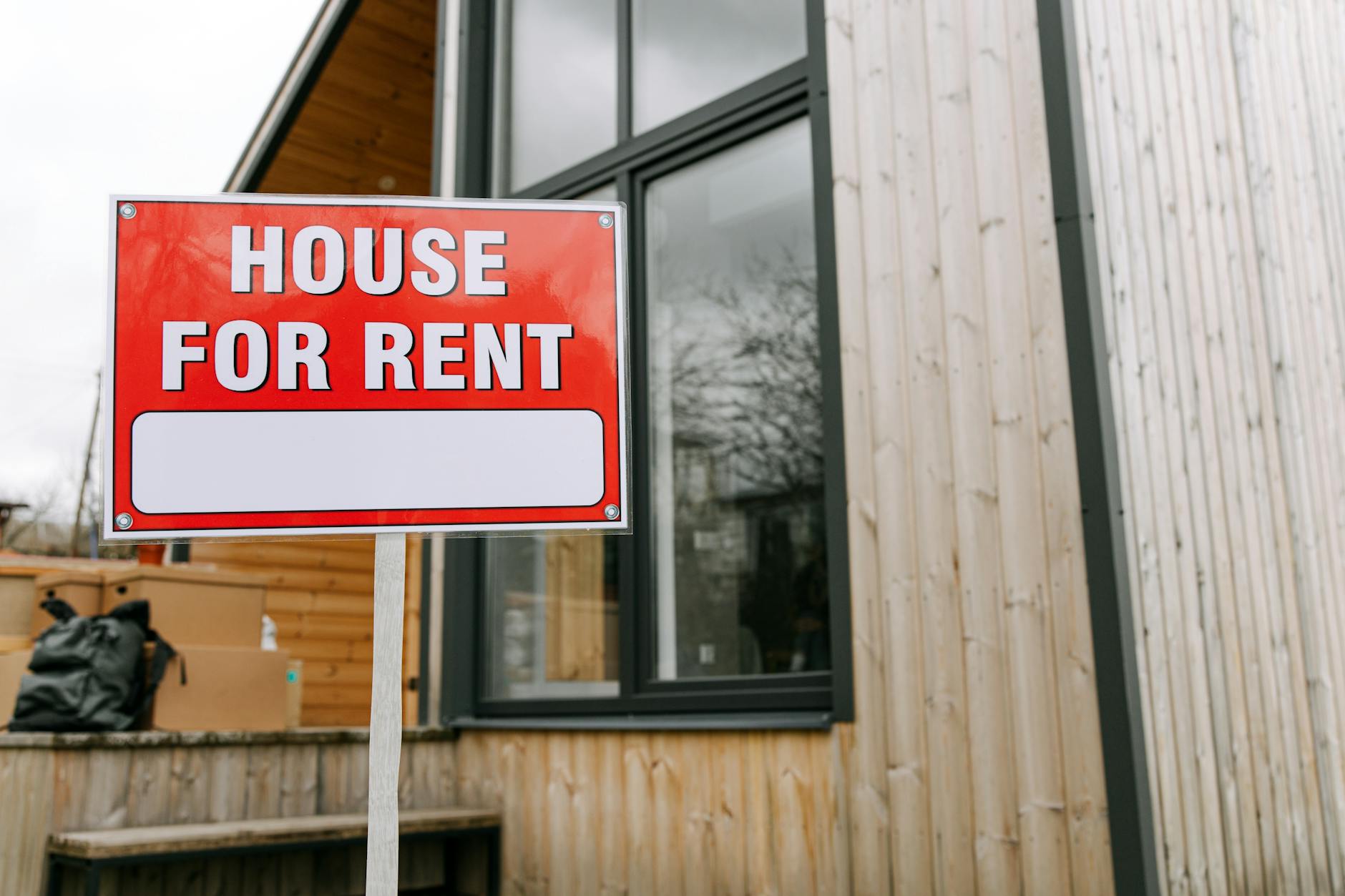Essential Guide to Rental Property Management for New Investors
Essential guide to rental property management for new investors
For new investors entering the rental property market, understanding the fundamentals of property management is crucial to maximizing returns and minimizing risks. Managing rental properties involves a combination of strategic planning, day-to-day operations, tenant relations, and ongoing maintenance. Without a solid grasp of these elements, even the most promising investment can face challenges that impact profitability and sustainability. This guide will provide a comprehensive overview tailored for beginners, covering key aspects such as financial planning, tenant screening, property upkeep, and legal compliance. By the end, new landlords will have a clear roadmap to managing their properties effectively and building a successful rental business.
Planning and setting realistic financial goals
Before purchasing your first rental property, it’s essential to establish clear financial objectives and understand the costs involved. Rental property management goes beyond collecting rent; it includes expenses like mortgage payments, property taxes, insurance, repairs, and vacancies. Start by calculating your expected cash flow:
| Monthly income and expense | Estimated cost ($) |
|---|---|
| Gross monthly rent | 1,200 |
| Mortgage payment | 700 |
| Property taxes | 150 |
| Insurance | 50 |
| Maintenance & repairs | 100 |
| Vacancy allowance (5%) | 60 |
| Net cash flow | 140 |
Setting realistic rental income expectations and contingency funds for unexpected expenses ensures sustainability. Additionally, monitoring market trends helps adjust your rental rates competitively while maintaining tenant satisfaction.
Tenant screening and relationship management
Finding suitable tenants is one of the most critical components of successful property management. A rigorous tenant screening process reduces the risk of late payments, property damage, or eviction. Essential practices include:
- Background and credit checks;
- Verifying employment and income;
- Contacting previous landlords;
- Conducting face-to-face interviews when possible.
Once tenants are in place, clear communication and transparency foster positive relationships. Establishing written rules, setting expectations upfront, and responding promptly to maintenance requests help in tenant retention, reducing turnover costs and vacancies.
Routine maintenance and property upkeep
Regular maintenance ensures that your rental property remains attractive and habitable, protecting your investment’s value over time. Preventive upkeep avoids costly emergency repairs and keeps tenants satisfied. Key actions include:
- Scheduling seasonal inspections (HVAC, plumbing, roofing);
- Promptly addressing repair requests;
- Ensuring landscaping and exterior areas are well-kept;
- Upgrading essential features to meet safety codes and modern standards.
Implementing a maintenance calendar and budgeting for ongoing repairs are indispensable strategies for effective management and property longevity.
Legal compliance and documentation
Managing rental properties requires adherence to local, state, and federal laws to protect both landlords and tenants. New investors must familiarize themselves with:
- Fair housing regulations;
- Lease agreement requirements;
- Security deposit rules;
- Eviction procedures;
- Health and safety standards.
Maintaining thorough documentation of leases, communication, maintenance records, and financial transactions can safeguard you in legal disputes. Consulting a property attorney or professional management company can provide guidance on compliance obligations.
Conclusion
Successful rental property management hinges on careful financial planning, stringent tenant screening, proactive maintenance, and rigorous adherence to legal standards. For new investors, taking the time to build strong operational foundations not only optimizes cash flow but also enhances the long-term value of their investment. By integrating these interconnected components—budgeting, tenant relations, upkeep, and compliance—you reduce risks and create a seamless management experience. Ultimately, clear goals paired with diligent management practices position investors for sustainable growth and increased profitability in the rental market.
Image by: Ivan Samkov
https://www.pexels.com/@ivan-samkov
editor's pick
latest video
news via inbox
Nulla turp dis cursus. Integer liberos euismod pretium faucibua

